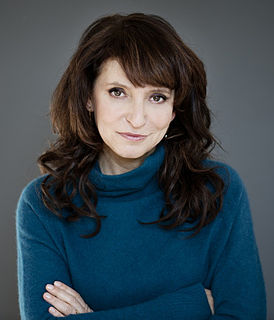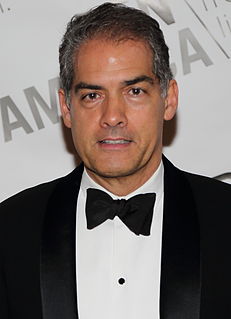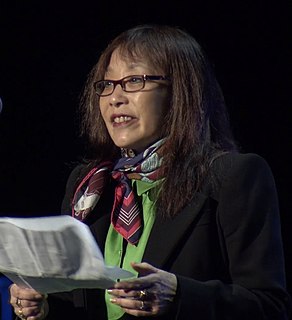A Quote by Alan Furst
What you get in the Cold War is 'the wilderness of mirrors' where you have to figure out what's good and what's evil. That's good for John le Carre, but not me.
Related Quotes
Of John Le Carre's books, I've only read 'The Spy Who Came In From The Cold,' and I haven't read anything by Graham Greene, but I've heard a great deal about how 'Your Republic Is Calling You' reminded English readers of those two writers. I don't really have any particular interest in Cold War spy novels.
What le Carré is so good at is unpicking something very specific about Englishness. That is almost part of why I think he wrote the novel. You can feel le Carré's anger that someone who has had the benefits of an English education and an English upbringing is using that privilege to basically do the worst things imaginable. There is an anger in the book about that.































